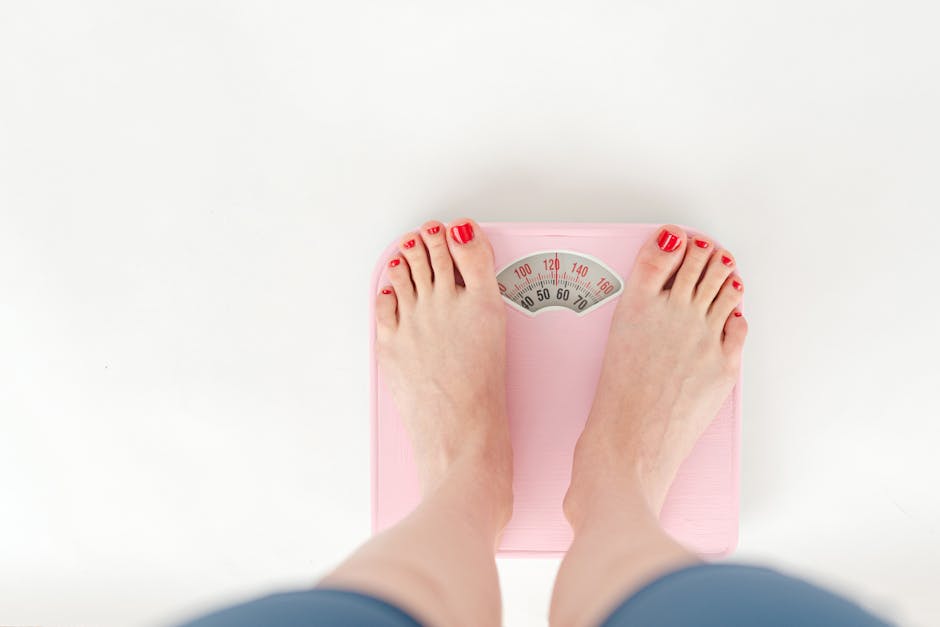The Science of Weight Loss: Understanding Calorie Deficit and Fat Storage
Excess energy, primarily calories from fats or carbohydrates, is stored in fat cells as triglycerides. This is how your body conserves energy for future use over time. While having energy reserves is beneficial, an excess can lead to a fat surplus. This surplus can significantly impact your body shape and overall health.

Understanding Calorie Deficit
To lose weight effectively, you must consume fewer calories than you burn, a concept known as a calorie deficit. A daily calorie deficit of 500 calories is often recommended as a starting point to achieve noticeable fat loss. However, it is important to note that this figure can vary from person to person based on factors like age, gender, activity level, and metabolism.
The Role of Fat Cells in Energy Conservation
When you consume more calories than your body needs, these excess calories are stored in fat cells in the form of triglycerides. Fat cells act as energy reserves, conserving energy for future use. This storage process is essential for survival, but in modern lifestyles, where excess food is readily available, it can lead to weight gain.
How Fat is Released and Used as Energy
Fats are released from fat cells and transported to your body’s mitochondria, which are the cells’ energy-producing organelles. Here, fats are broken down into energy through a series of processes. This process is crucial for maintaining energy levels, especially during periods of physical activity or when food intake is limited.

Maintaining a Steady Calorie Deficit
By maintaining a steady calorie deficit, your body will continue to use its fat stores as energy, resulting in body fat loss. The consistency of the calorie deficit is key to ensuring that the body taps into fat reserves rather than breaking down muscle tissue for energy.
The Impact of Caloric Deficit on body Composition
When a caloric deficit persists, your body’s fat stores will continue to be used as energy, resulting in a loss of body fat. This process not only aids in weight loss but also improves body composition by reducing fat mass while preserving lean muscle mass. A balanced approach to caloric deficit, combined with regular physical activity, can optimize these results.
Personalizing Your Caloric Deficit
It’s important to personalize your caloric deficit to suit your individual needs and goals. Consulting with a healthcare professional or nutritionist can help tailor a plan that considers your specific health conditions, dietary preferences, and lifestyle. This personalized approach can enhance the effectiveness of your weight loss journey.
Conclusion: Achieving Sustainable Weight Loss
Understanding the science behind calorie deficit and fat storage is crucial for achieving sustainable weight loss. By creating a consistent calorie deficit and understanding how your body uses its fat stores, you can effectively manage your weight and improve your overall health. Remember, the journey to weight loss is unique for everyone, and it is important to approach it with patience and a focus on long-term health benefits.

Additional Resources
For more information on weight loss strategies and maintaining a healthy lifestyle, consider exploring articles and resources from reputable health organizations and fitness experts. Staying informed and educated is an essential step in achieving your health and wellness goals.

